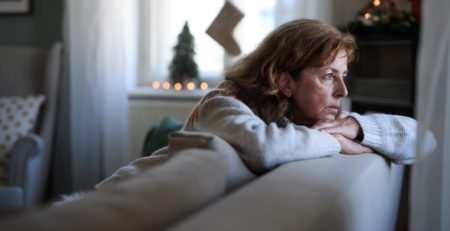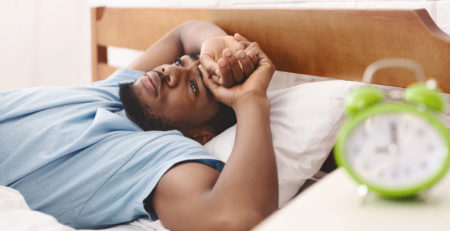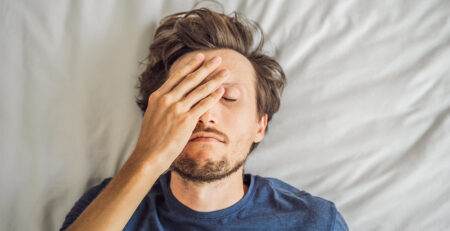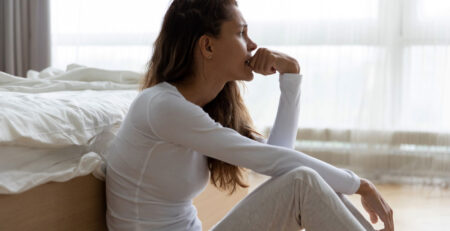Are You Drinking to Cope?
80% of Americans drink at least 5 alcoholic beverages a week, and many of them choose to do so after a long shift at w work. But alcohol isn’t safe, even though it’s a legal and popular substance. Many people have a drink or two to unwind after work, but this seemingly harmless routine can quickly escalate into drinking to cope with anxiety, depression, stress, and other mental health issues.
Alcohol and Anxiety
The majority of adults drink alcohol at least once in their lifetime. Having the occasional mimosa at brunch or sipping beer during a social gathering is normal, but many people consume alcohol excessively. The 2018 National Survey on Drug Use and Health found that 26.5% of respondents aged 18 or older engaged in binge drinking within the last month, and 6.6% used alcohol heavily during this period.
People with anxiety are especially prone to using alcohol as a coping mechanism. According to a 2018 study, 24.1% of individuals with anxiety disorders use alcohol or other drugs to self-medicate. This strategy can temporarily relieve symptoms, but using alcohol for stress reduction isn’t a healthy, long-term solution.
Anxiety can also rebound after drinking alcohol. The substance alters brain chemical levels, so you may feel nervous or panicked as the alcohol leaves your system. Some people also experience anxiety if they engage in embarrassing or destructive behaviors while under the influence of alcohol, like arguing with a partner. Finally, alcohol disrupts natural sleep cycles, which may leave you feeling anxious and exhausted the next day.
Together, these factors can lead to a harmful cycle as you keep drinking to cope with your worsening anxiety and stress.
Are You Drinking To Cope?
Drinking to cope differs from other forms of alcohol consumption, like social drinking. Individuals who engage in this harmful behavior use alcohol to alleviate negative emotions, including anxiety and depression.
Many people who consume alcohol as a coping mechanism don’t realize that they have a problem. Here’s a short quiz that can help you determine if you may have an alcohol use disorder:
- Do you frequently find yourself making excuses to drink?
- Do you drink to reward or soothe yourself after a challenging day?
- Do you need to consume increasingly larger amounts of alcohol to get the same effect?
- Are you unable to limit or stop your alcohol consumption?
- Do you feel intense cravings to drink alcohol, especially during or after stressful situations?
If you answered yes to one or more questions, you may be relying on alcohol to cope with anxiety or other conditions.
Stop Drinking to Cope Today
You’re not alone if you’re drinking to cope with anxiety or other mental health conditions. Many people struggle with these issues, but treatment is available. The experts at Serene Behavioral Health can help you find a better remedy than alcohol.
We offer individual therapy with a licensed therapist who can help you improve your mental health and develop healthy coping mechanisms. Contact us today to book your first session.
















